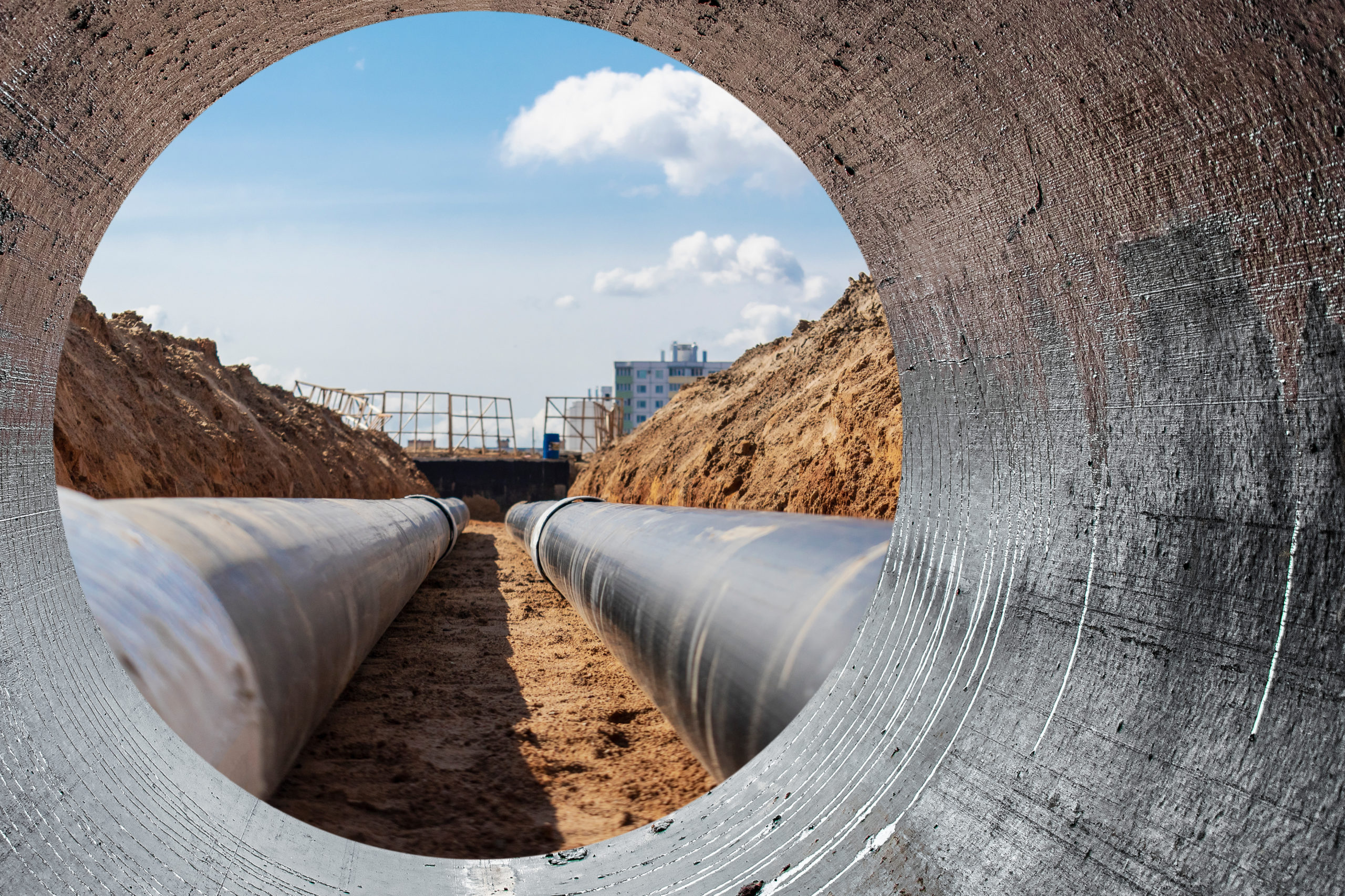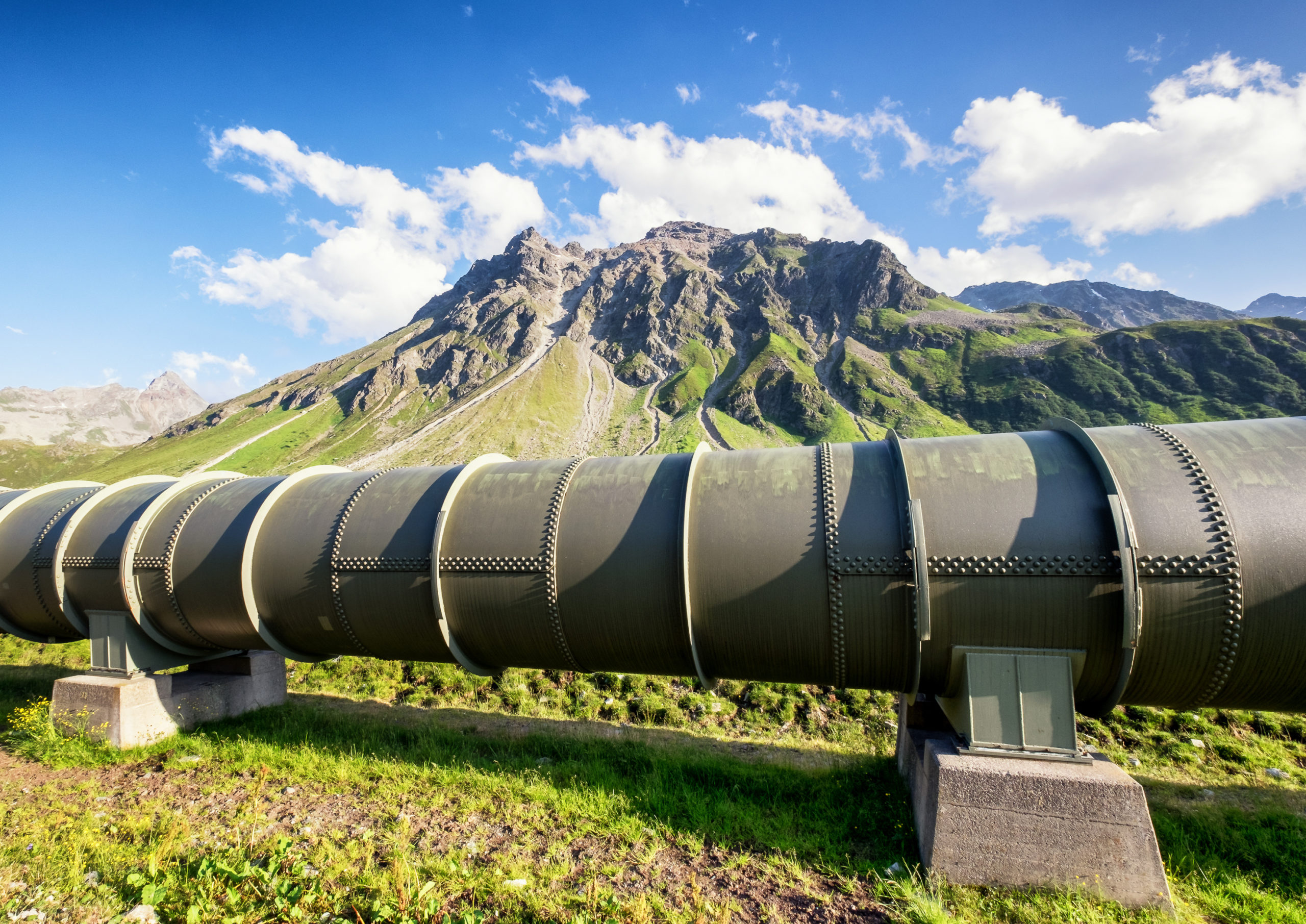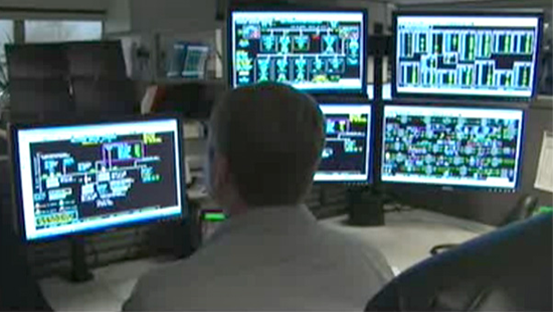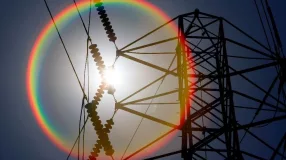Congress is considering a new tax on natural gas. Despite what supporters are saying, this tax is not about reducing methane emissions, it’s about raising government revenue which will increase the cost of energy to consumers.
As we have demonstrated time and time again, INGAA and its members are steadfast in our commitment to reducing methane emissions. This is evident in our 2021 Climate Statement, our pledge to work towards net-zero greenhouse gas (GHG) emissions by 2050 and our support of durable regulations on methane emissions by the U.S. Environmental Protection Agency (EPA) and Pipeline and Hazardous Materials Safety Administration (PHMSA).
Today, you have the opportunity to contact your representatives in Congress and urge them to OPPOSE the new tax on natural gas.
And here’s why:
- NEW ENERGY TAX: Supporters of the tax are trying to position this as a plan to reduce emissions. Don't be fooled—this is not about emissions, but about increasing the price of natural gas to limit its use. This tax ignores that natural gas is an affordable, reliable energy source for more than 180 million Americans and 5.5 million businesses.
- HIGHER HOUSEHOLD ENERGY BILLS: The tax will increase the price of natural gas and raise costs for customers, putting the burden most heavily on the middle class and lower-income Americans. In one scenario, it is estimated this tax would increase natural gas bills by 12%-34% for the average American family.
- TAXING THE LOWER AND MIDDLE CLASS: Again, this is not about reducing emissions. It’s about raising revenue. Congress is using this to help pay for the $3.5 trillion reconciliation plan. It is a new tax on lower- and middle-class families in the form of higher energy bills. Further, the collected revenue will divert resources away from our industry’s innovation and investments in reducing emissions, directly undermining efforts to address climate change and putting nearly one hundred thousand jobs at risk, especially in energy-producing states.
- METHANE REGULATIONS ALREADY IN PLACE: Our industry supports strong rules on methane emissions. The EPA and PHMSA have announced new, forthcoming methane emissions regulations, including regulations that Congress has mandated. INGAA has voiced support for these as part of a broader plan to reach net-zero emissions. A tax on natural gas would be duplicative, costly, and unnecessary.
The time to act is now. As Congress debates the current budget reconciliation package, we urge you to consider the significant impacts this new tax on natural gas will have on consumers. Contact your representative and express your concerns today.







